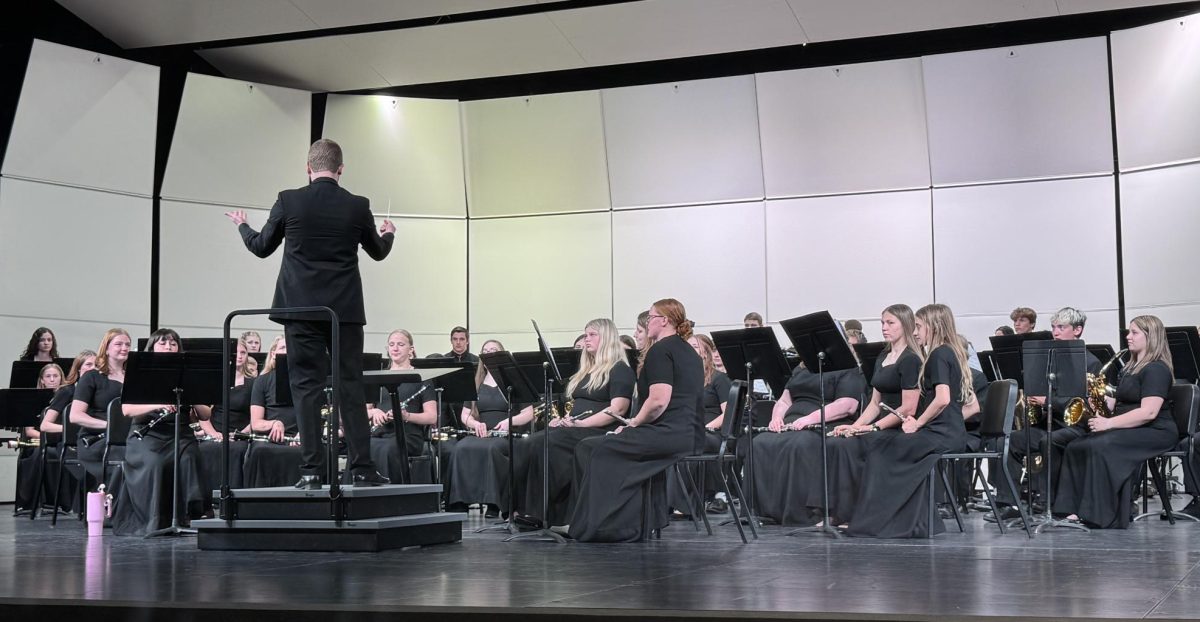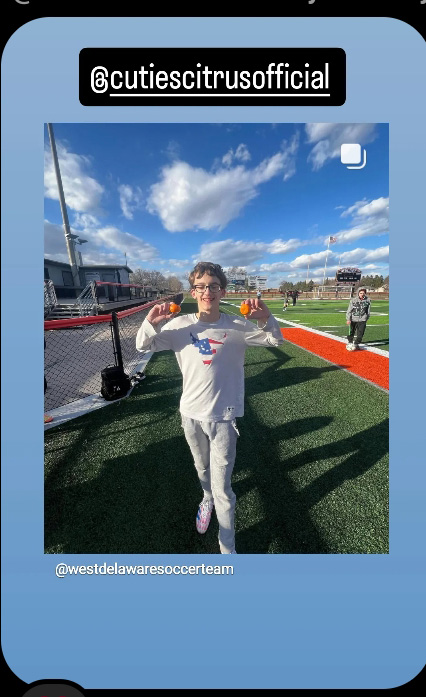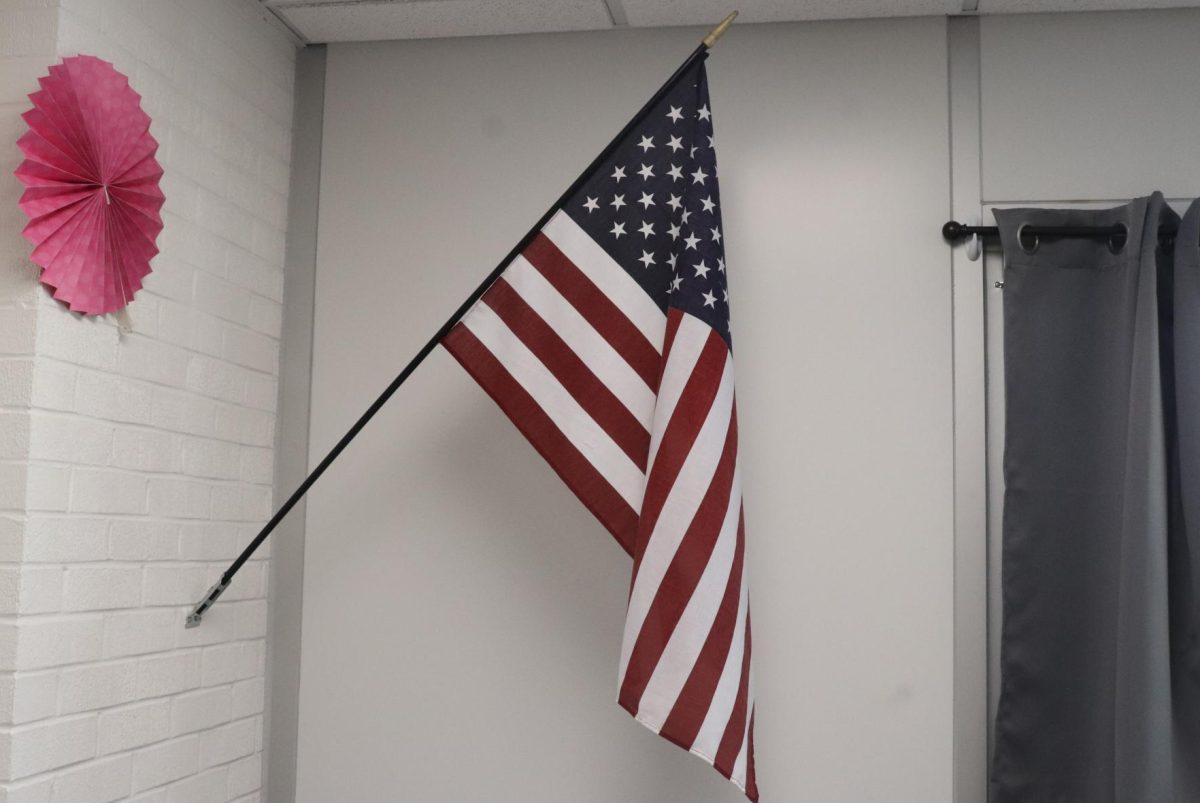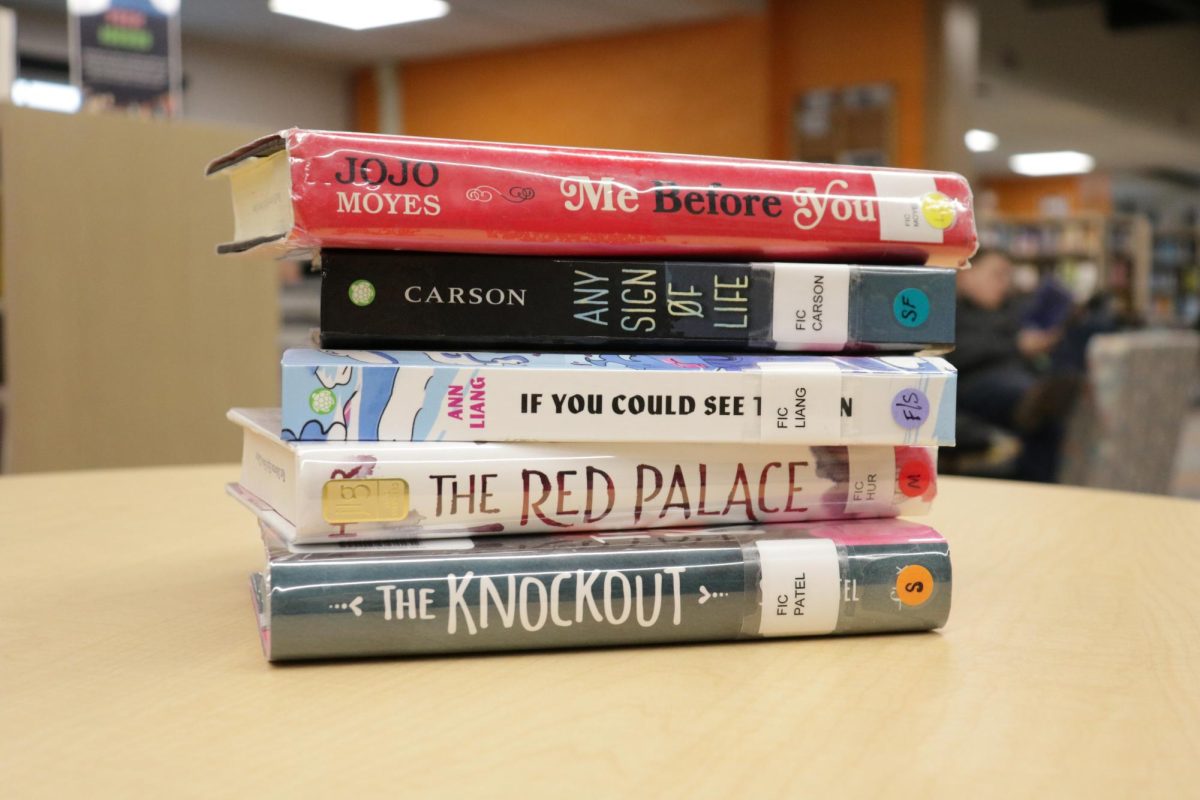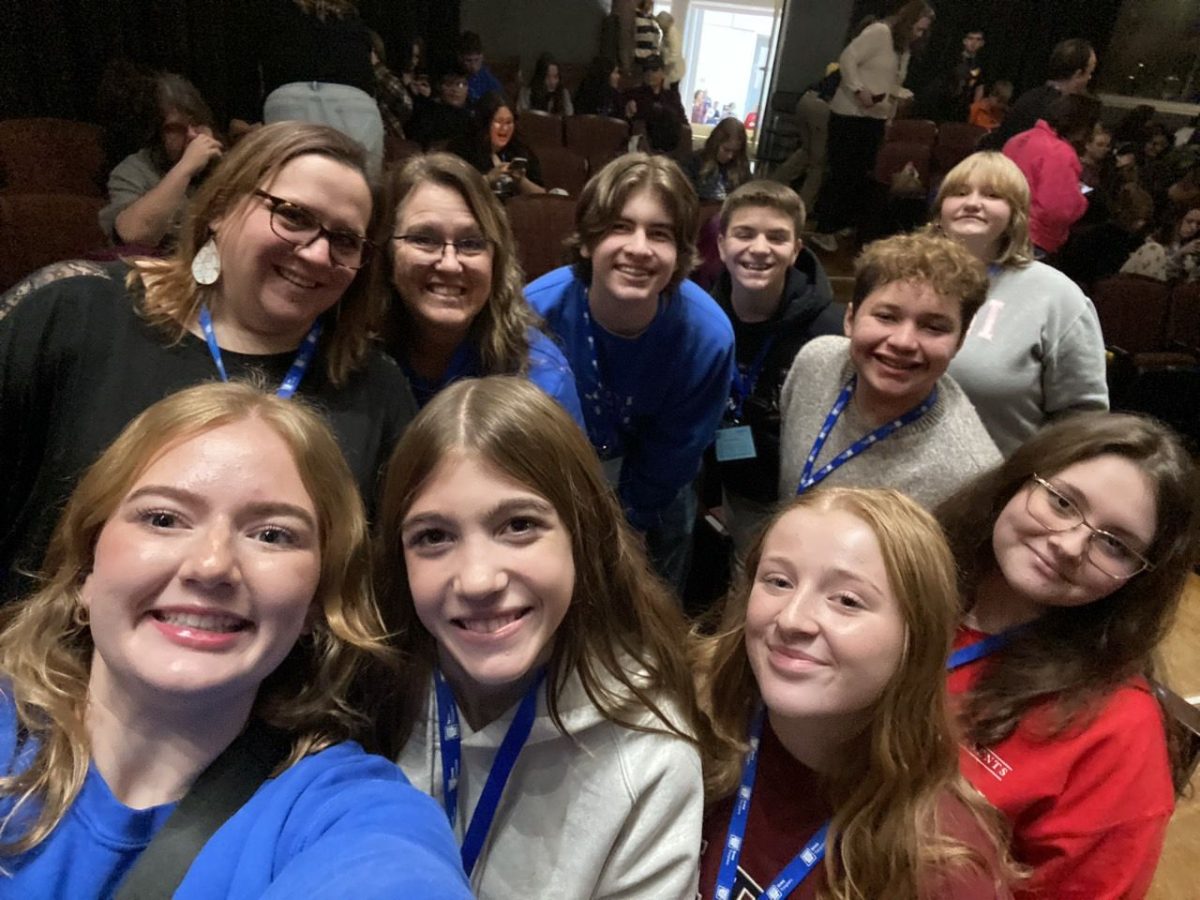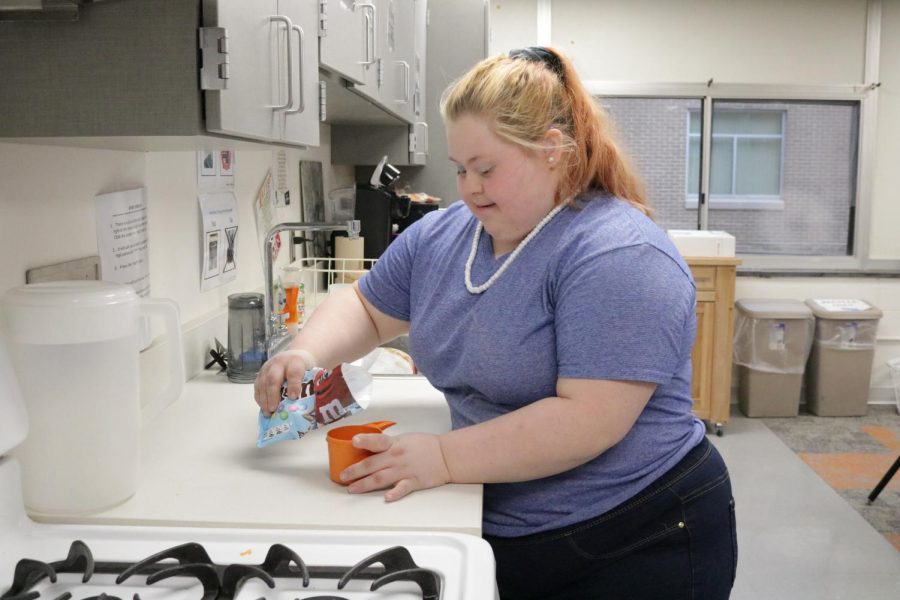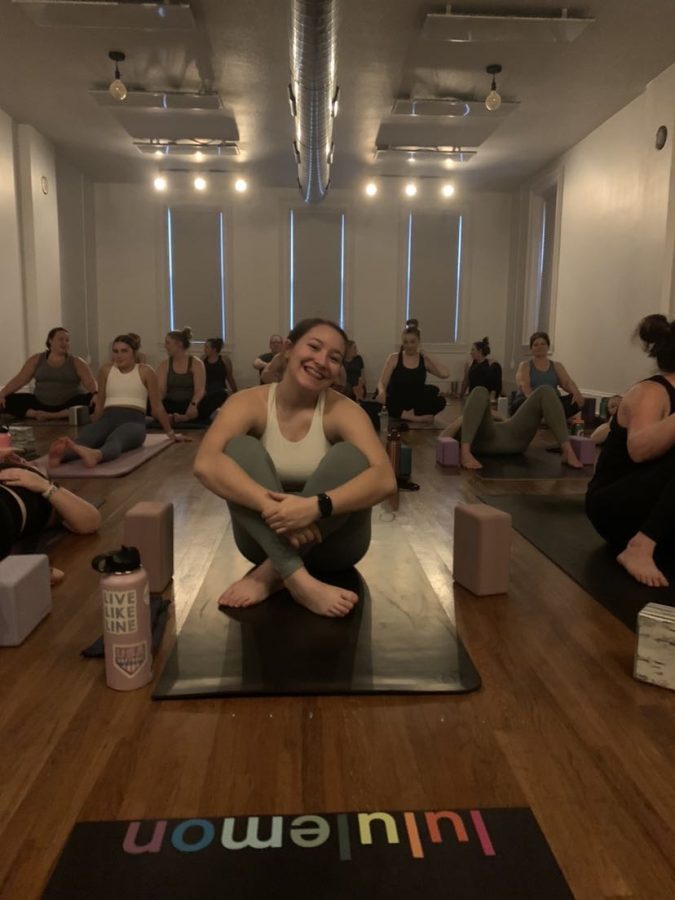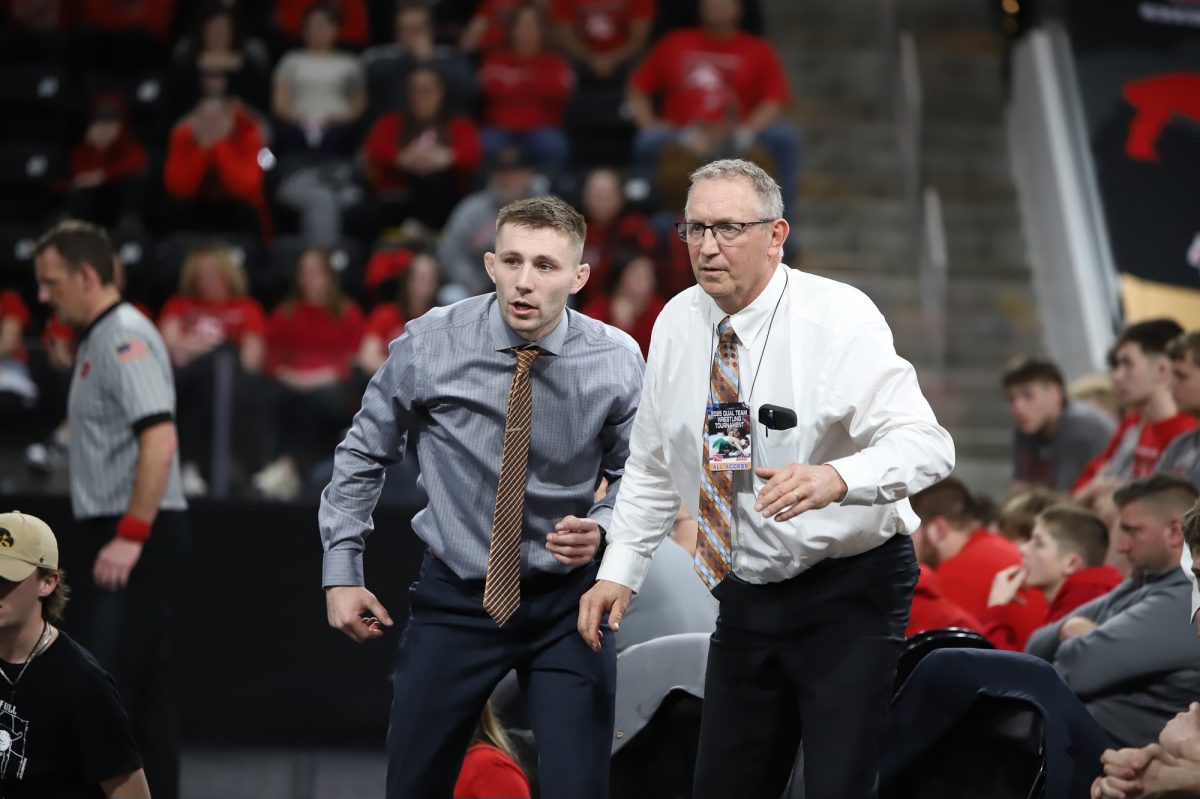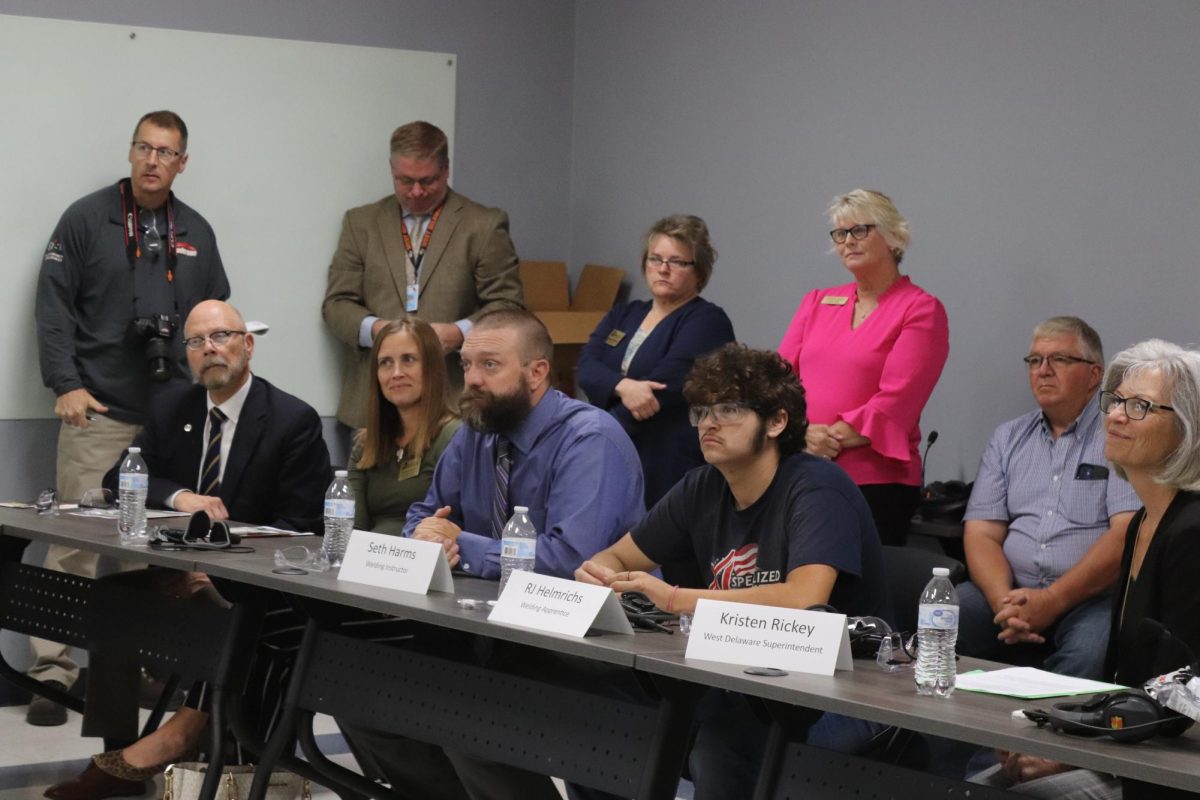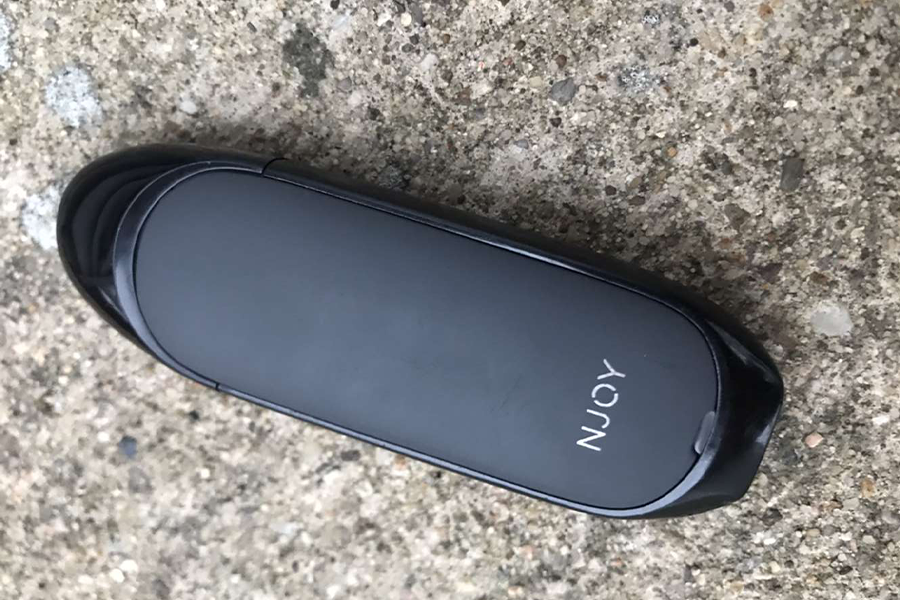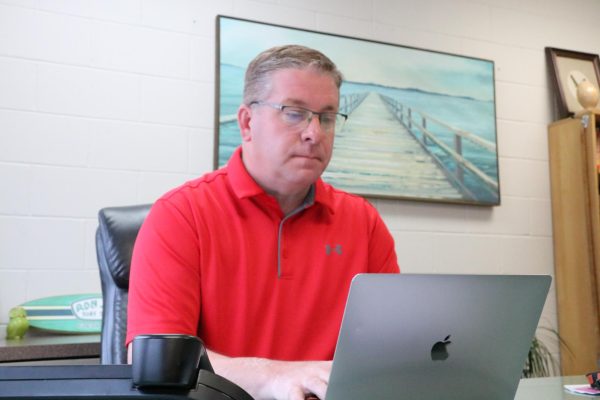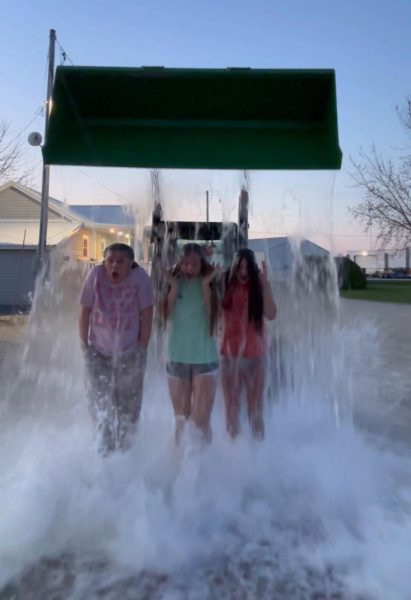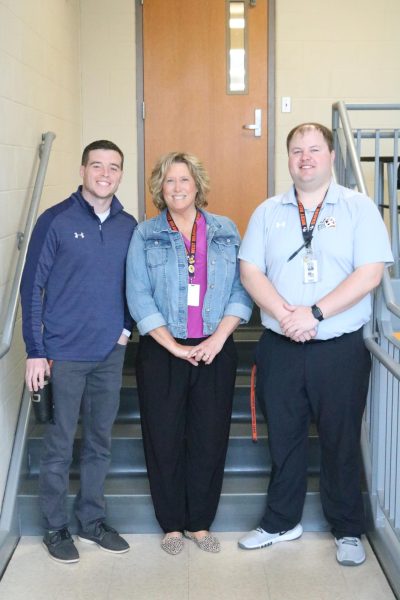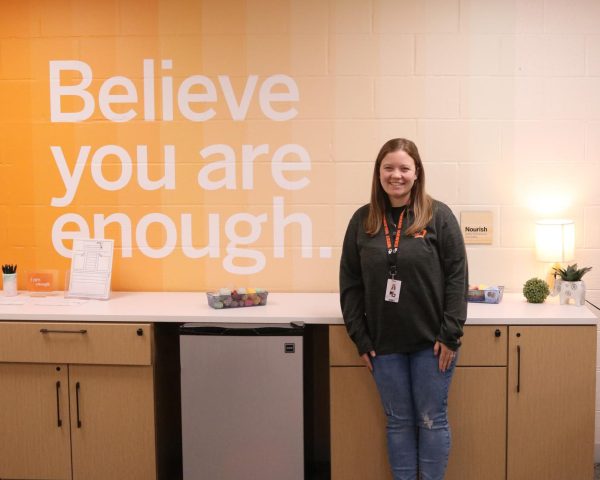It’s Just Sad
West Delaware Staff and Students Speak out on Their Concerns About Vaping
According to the 2019 National Youth Tobacco Survey, 27.5 percent of high schoolers use e-cigarettes.
“It’s just sad, someone who does not have the right information is doing something that can harm their life,” said Tim Felderman, high school principal. “It’s just sad. You hear of it, teenagers, young adults, (people in their) late 20s, whose life is cut short by this.”
Felderman struggles with the recent deaths and illnesses across the nation associated with vaping and the local vaping problem possibly tucked away in the bathrooms of West Delaware.
Elaine Gibbs, high school health associate, argues that the students’ perception is a huge reason for this problem. She said that when these products were initially released, the companies claimed they were healthier than cigarettes.
“That was not true,” Gibbs said. “And now we’re learning it’s causing lung injuries rapidly. Some of these people have only been doing it for a year, and they get (sick).”
According to the CDC, Centers for Disease Control and Prevention, 2,290 cases of lung injuries and 42 deaths associated with vaping devices have occurred nationally since Nov. 20 this year.
In fact, one anonymous West Delaware student quit vaping because they were informed by their doctor that it was negatively affecting their health.
“I know someone who quit because their grandpa was diagnosed with lung cancer,” the anonymous student said. “It worries me because it could be affecting 100 people at our school, and they may not have the help they need to stop before it’s too late.”
Gibbs feels that vaping products need to be pulled off the market.
“It’s that serious,” Gibbs said. “I think people would still get them, but the younger ones that aren’t old enough to do it would have less access to do it.”
Both Felderman and Gibbs stated that while no students have come forth asking for help yet, both support resolving students’ addictions.
Felderman said that if students wanted help, they could receive assistance without receiving punishment.
“We have different community services in town that we’d love to refer them to,” Felderman said. “I love to make those referrals and connections.”
Shelby Piersch, counselor, said that if students came forth for help, she would refer them to SASC, or Substance Abuse Services Center, in Delaware county. If students are attempting to quit, SASC can support them.
“I grew up in a generation where smoking was almost eliminated,” Piersch said. “And it’s kind of crazy to see it come back.”

I’m Gabby Drees, and I’m a senior. I’m involved in crew for both show choir and musical and I’m in NHS. Outside of school I enjoy photography and...

I am Emma Merkes, and I am a senior. I am involved in speech, student council, NHS, play, and basically everything in the music department. In my spare...


